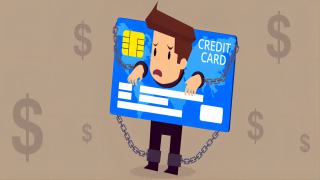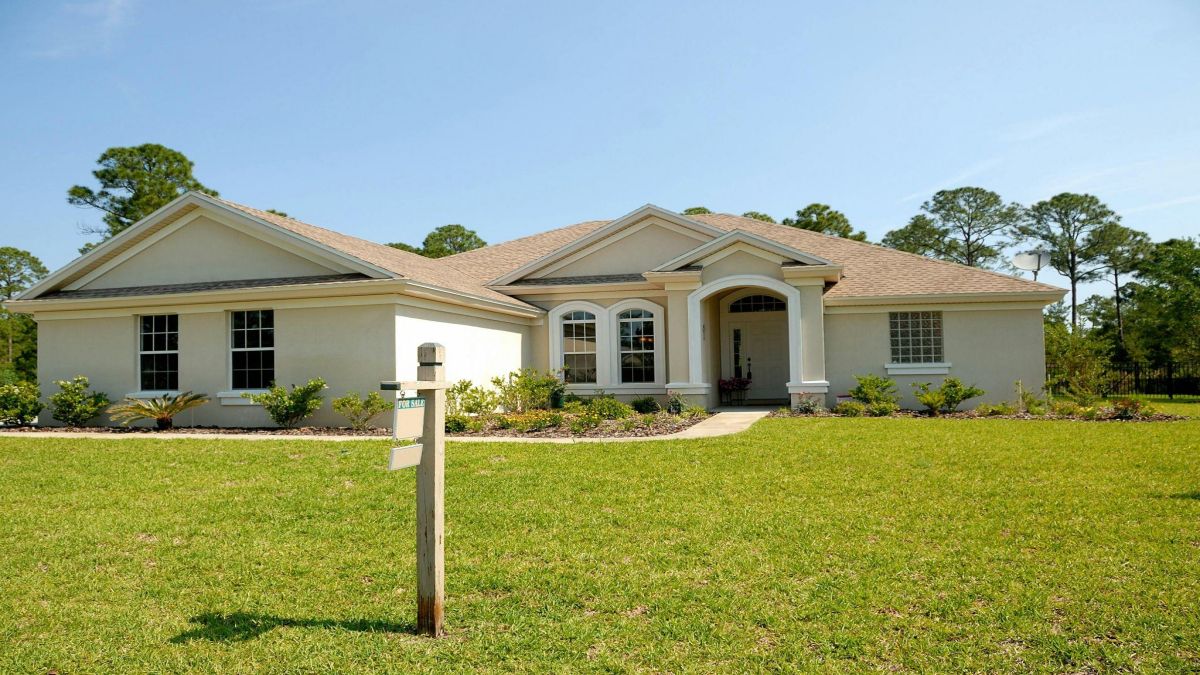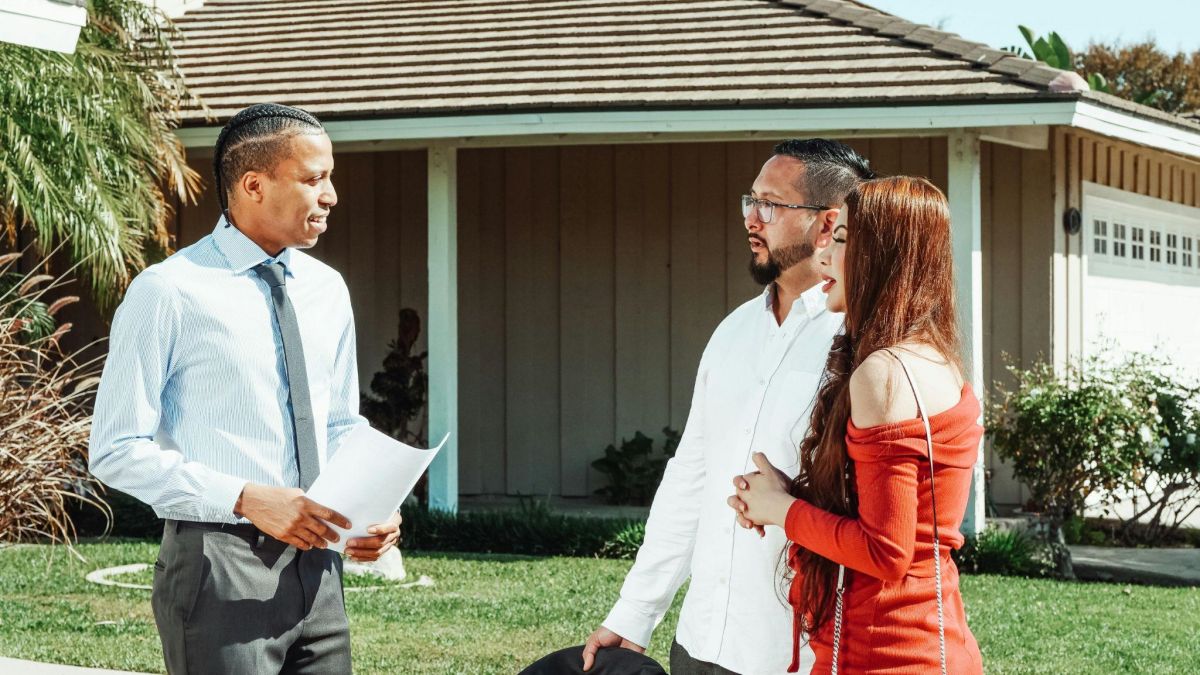What do you Know About Credit Scores!
Insuring Your Peace of Mind: An Overview of Common Types of Insurance.
What to do When Your Auto Insurance Claim is Denied?
Unveiling the Truth: Debunking Home Insurance Myths.
About Balance Transfer Basics!
What You Need to Know About Secured Credit Card Deposits!




Deciding to purchase your very first home is a big one. In making this decision, it's important to understand that there are going to be some new challenges and hurdles that you have to overcome.
Many people entering this phase of their lives overlook these things and wind up having a horrible experience. That's why we opted to put together this quick guide to help beginners who are looking to buy property.
We will cover everything from the purchasing process to figuring out pricing and what to look for in a property. Hopefully, by the time you finish our quick beginner's guide, you will be confident and ready to begin looking for your dream home.
Overview of the Purchasing Process
Purchasing a home may be the most significant investment of your entire life, and so you want to go into it, understanding each piece of the process.
This way, you can be knowledgeable and less likely to make a mistake. So, here are the steps to understand when buying a property in the US.
Know Your Budget
The process starts even before you begin working with professionals to find your house. The first step is to understand all of the financing avenues available to you and how much you will be able to pull together.
This means understanding things like mortgage affordability, your credit score, and the maximum amount of money you will be able to spend.
By understanding this, you will be able to give your agent or whomever you are working with an idea of a clear guideline on what houses you'd be open to seeing.
You can, of course, also look out to do a pre-qualification which might be helpful during the purchasing process.

Check Credit Scores
One of the biggest parts of knowing your budget is to understand your credit score and have a good idea of what sits on your credit record.
This is vital when it comes to addressing the bank because it will give them an idea of how much of a risk you are when it comes to investing in your future home.
While doing this so that your credit score does not take any other hits, you need to make sure that you are paying all your bills on time as well as not borrowing anything for other purposes from lenders.
Working with an Agent
Once you have all that set up, it is time for you to look for a real estate agent. You can do the whole house-hunting project on your own, but employing a professional will not only give you access to more options but will help keep you from making any major mistakes.
You want to find a real estate agent with whom you can build a good relationship and who is very well-versed in the housing market as well as the purchasing process.
You have nothing to lose in choosing a real estate agent as there are no fees for you to incur by using their services; the sellers are the ones who pay the real estate agents for their time.

Find Property
This is maybe the best part of the process, and this is where you get to make that list of the things you want in your home.
Things like location, access to important amenities, the right size, and whether you want land with that house or not are all vital keys to helping you and your real estate agent find the right property for you.
Offer to Purchase (OTP)
Once that has been done and you have found the house that you've dreamed of, it's time to start looking into putting everything in order financially.
The first step of this, of course, is to sign an offer to purchase. This is a legal document between the current homeowner and potential buyer that lays out the conditions and guidelines of the sale.
Apply for Financing
The next step is to apply for a mortgage loan. This is done by applying to a bank or lender for the amount that will instigate the final purchase of your dream home.
Realty Transfer Fees (RTF)
When it comes to financials, there are two fees that you have to completely understand and account for when looking to apply for your loan. Besides the overall cost of a house, you have to think about transfer fees.
The transfer fees are just that: the amount of money you will have to pay to transfer that property to your name. The cost depends on the purchase price of the property. In most states, you will be a flat fee of 1% of the purchase price of the property.
Mortgage Closing Costs
Mortgage closing costs are the costs of registering a mortgage. They cover things like:
●Lenders fees (application, origination, and credit check).
●Property tax, homeowners association (HOA) fees, and homeowners insurance.
●Pest and home inspection.
●Property appraisal.
●Real estate attorneys fees.
●Insurance fees and title search.
The cost of this is also variable but is between 2 - 6% of the purchase price.

Home Inspection
Once you've done this, you have to set up a home inspection to ensure that you are getting a house without any major defects. Once you receive a copy of that, you can move on to the final step.
How to Work Out Pricing
When you're looking to work out the pricing of a certain property, you have to take into account several different factors. Of them, the biggest two are prices of similarly sized homes in that neighborhood as well as the price that the property was previously sold at.
In addition, other factors like the market, the age/condition of the house, the views offered by the home, added features like security and landscaping, and the overall aesthetic appeal need to be taken into account, and this can be challenging if you are not a professional.
Though you can do it because there are many different online valuation tools, the easiest way would be to hire a real estate agent.
What to Look for in a Property
Of course, the property itself is another factor that will affect pricing. This means you have to understand what to look for in a property not only so that you get everything you want but also so that you get a high-quality investment for your hard work.
When looking at a home, you want to look for any defects, the decor, the price, as well as location and access to amenities like schools, grocery stores, and other businesses.
In the end, though, when you're looking for a property, you want to find the one that fits as many of your criteria as possible. So, though the above list is important, it is all about how you feel and what you're looking for.
Conclusion
Understanding the process and what to look for in a property can help you find the perfect place to settle down. After all, you're looking for your dream home, and you don't want to miss a beat when doing so.